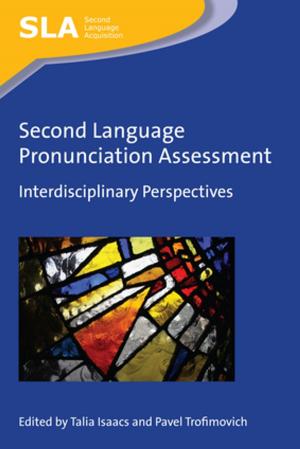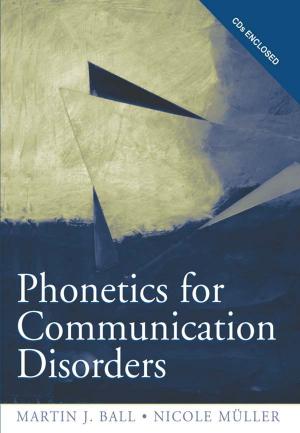Juba Arabic for Beginners
Nonfiction, Reference & Language, Foreign Languages, Arabic, Language Arts, Linguistics| Author: | Richard L. Watson | ISBN: | 9781556714269 |
| Publisher: | SIL International | Publication: | February 19, 2018 |
| Imprint: | SIL International | Language: | English |
| Author: | Richard L. Watson |
| ISBN: | 9781556714269 |
| Publisher: | SIL International |
| Publication: | February 19, 2018 |
| Imprint: | SIL International |
| Language: | English |
Juba Arabic is an Arabic creole closely related to Kinubi. It began developing in the Equatoria Region of what is now South Sudan over 100 years ago, and spread widely, now being the spoken lingua franca of the region. It has become so well established that expatriates working in Equatoria often find themselves in situations in which neither English nor Khartoum colloquial Arabic is adequate for communication. Juba Arabic for Beginners was originally prepared by SIL as a language course for the communication needs of its own personnel, but other people needing to communicate in Juba have found it invaluable. The present course was adapted from the excellent Sudanese Colloquial Arabic for Beginners (Andrew and Janet Persson, with Ahmad Hussein) in general format with its 30 dialogues. However, due to important linguistic and cultural differences, five additional lessons relevant to southern culture are included. This course is written in a Romanized orthography and represents a widespread dialect of Juba Arabic. Over the past 30 years, the course has served, and continues to serve, personnel of a number of expatriate organizations.
Juba Arabic is an Arabic creole closely related to Kinubi. It began developing in the Equatoria Region of what is now South Sudan over 100 years ago, and spread widely, now being the spoken lingua franca of the region. It has become so well established that expatriates working in Equatoria often find themselves in situations in which neither English nor Khartoum colloquial Arabic is adequate for communication. Juba Arabic for Beginners was originally prepared by SIL as a language course for the communication needs of its own personnel, but other people needing to communicate in Juba have found it invaluable. The present course was adapted from the excellent Sudanese Colloquial Arabic for Beginners (Andrew and Janet Persson, with Ahmad Hussein) in general format with its 30 dialogues. However, due to important linguistic and cultural differences, five additional lessons relevant to southern culture are included. This course is written in a Romanized orthography and represents a widespread dialect of Juba Arabic. Over the past 30 years, the course has served, and continues to serve, personnel of a number of expatriate organizations.















